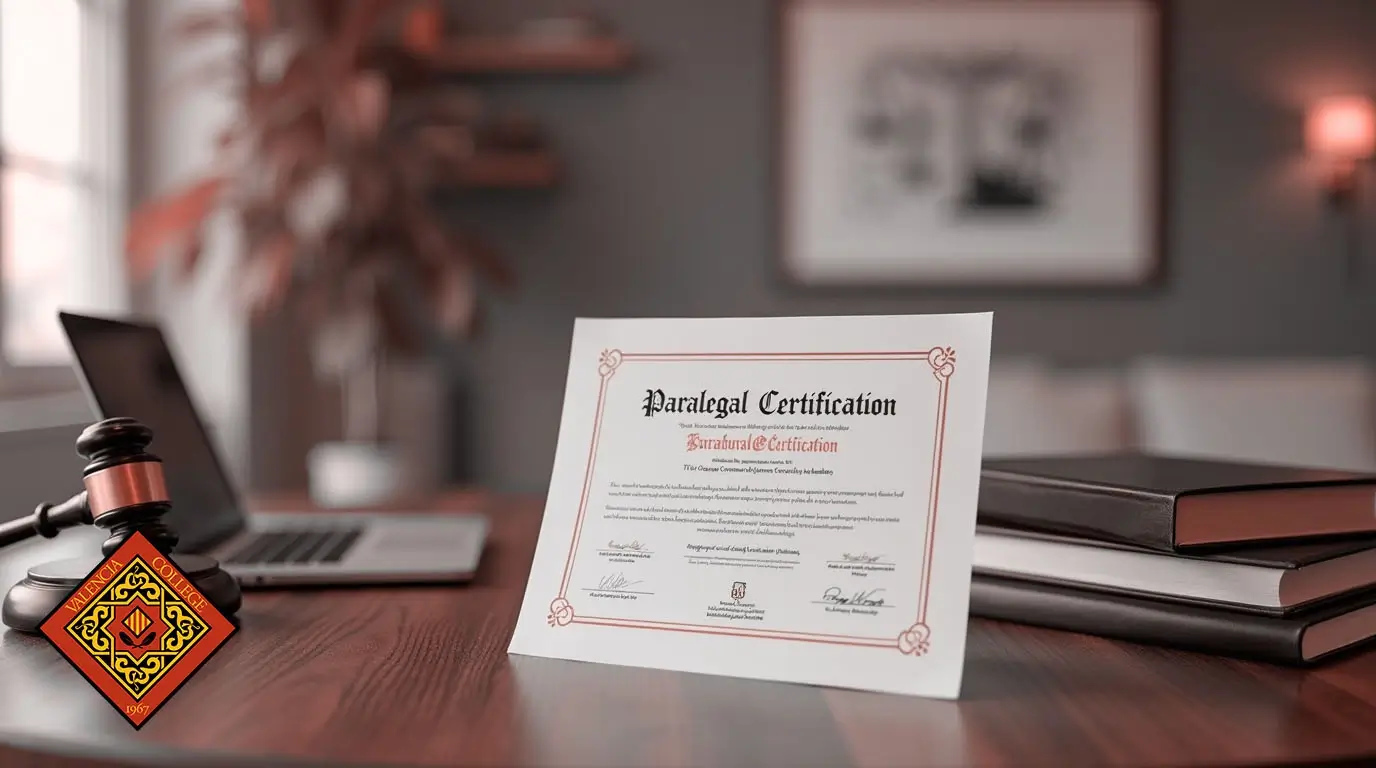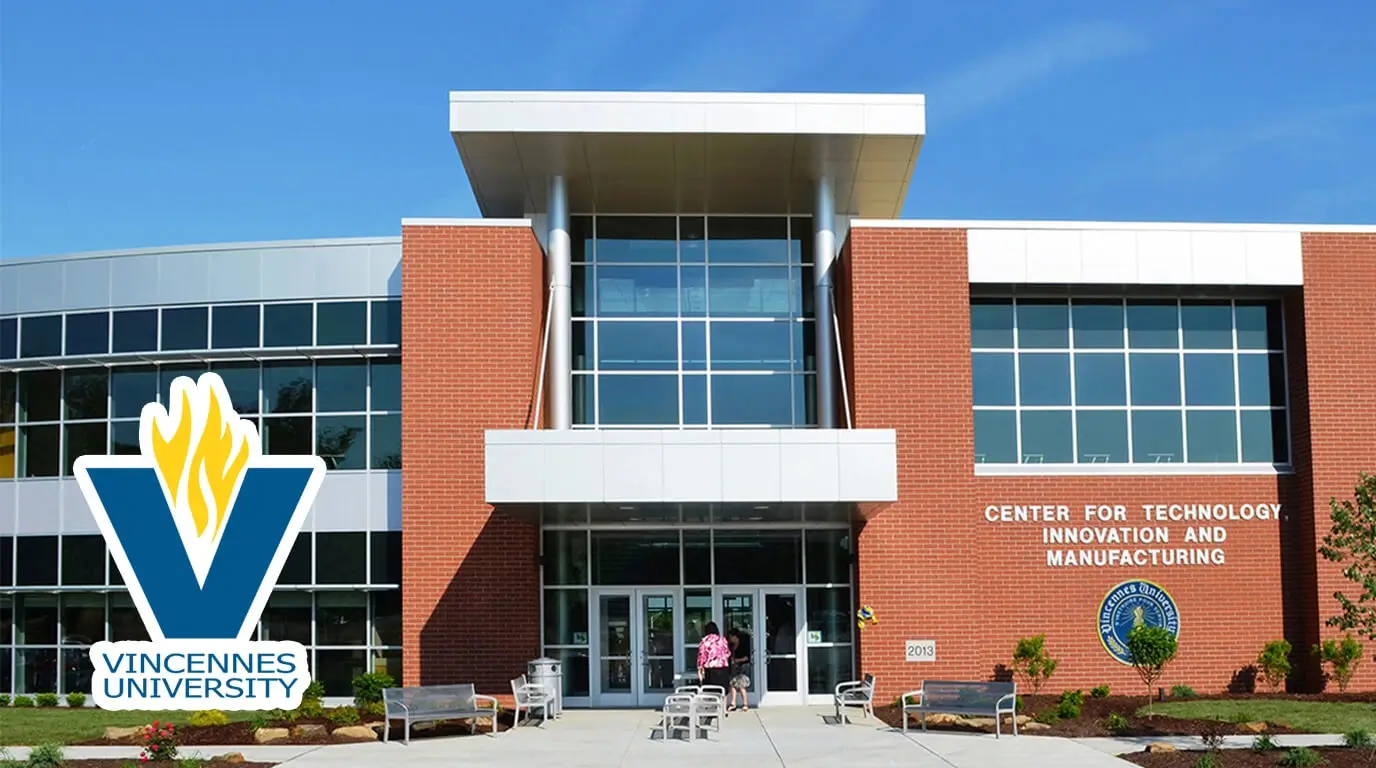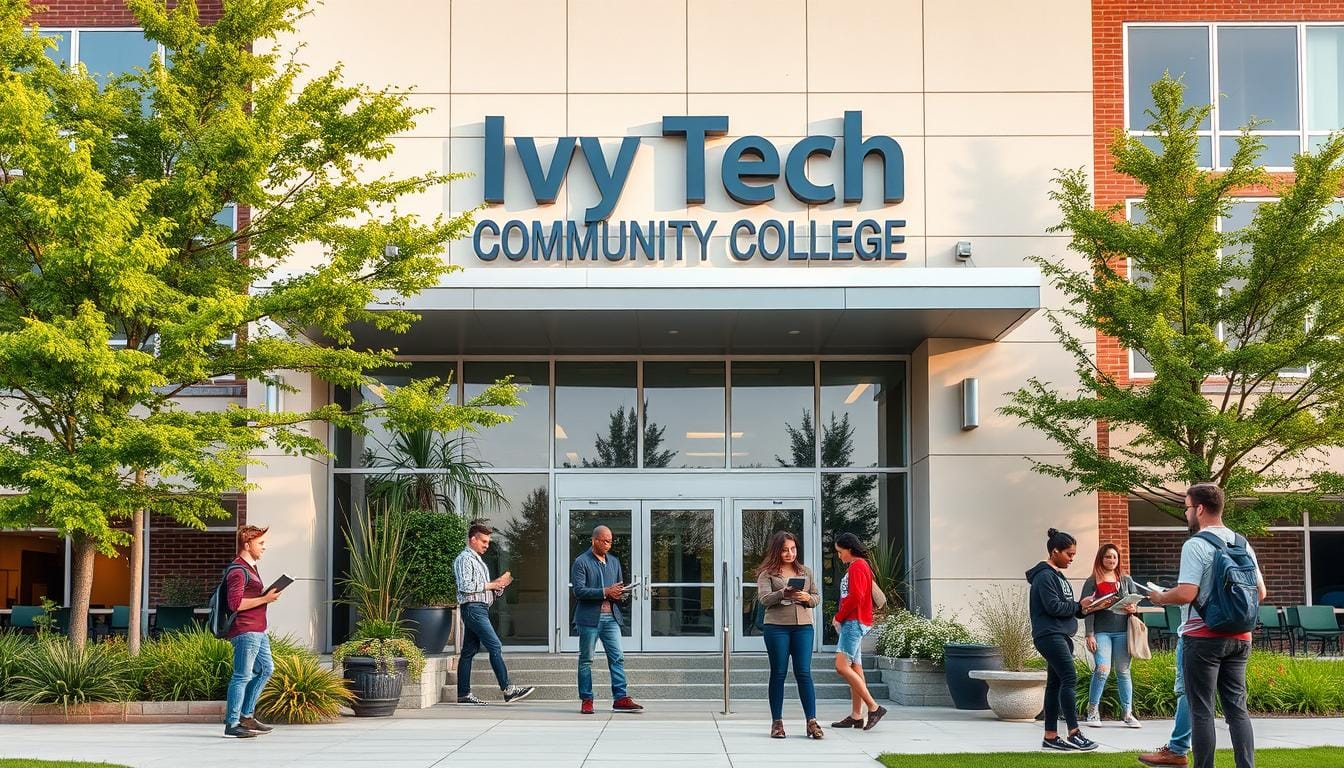Becoming a Paralegal in Florida – Your State-Specific Guide
Hey there! Ever wonder if you could dive into the legal world in Florida without spending years in law school? Becoming a paralegal in Florida might just be your golden ticket. I’ve spent years navigating this field—first as a legal assistant, then as a certified paralegal working with some of the busiest law firms in Miami—and I can tell you, it’s a career that’s both rewarding and full of opportunity, especially here in the Sunshine State. Florida’s legal landscape is buzzing, with its mix of corporate hubs, sprawling law firms, and a growing demand for skilled support staff. So, what does it really take to get started? In this guide, I’m breaking it all down for you—state-specific steps, insider tips, and everything you need to know to launch your paralegal career in Florida.
Introduction: Why Consider a Paralegal Career in Florida?
Picture this: Florida’s got over 35,000 paralegals working across the state, making it one of the top spots in the U.S. for this profession, according to the Bureau of Labor Statistics. That’s not just a random stat—it’s a sign of how vital paralegals are to keeping law offices, corporate legal departments, and even government agencies humming along. Whether you’re in Miami chasing high-stakes litigation gigs or in Tampa supporting real estate deals, the paralegal role is your entry into a world that’s fast-paced and, honestly, pretty darn interesting. This guide isn’t some generic rundown—it’s tailored to Florida, with all the nitty-gritty details you need to make this career yours.
Paralegal Definition and Regulation in Florida
Does Florida Legally Define “Paralegal”?
Let’s get this straight: Florida does have a definition for what a “paralegal” is, courtesy of The Florida Bar. They describe it as “a person with education, training, or work experience, who works under the direction and supervision of a member of The Florida Bar and who performs specifically delegated substantive legal work for which a member of The Florida Bar is responsible.” Simple enough, right? It’s less about a rigid title and more about what you do—and who’s overseeing you.
Are There Any State Regulations for Paralegals in Florida?
Here’s where it gets interesting. Florida doesn’t mandate any state licensing or certification to call yourself a paralegal. You won’t find a “Paralegal License Exam” on the state’s books. That said, there’s a catch: you must work under an attorney’s supervision. The Florida Bar keeps a tight leash on what paralegals can and can’t do—no giving legal advice, setting fees, or representing clients in court. But here’s the cool part: they’ve got a voluntary program called the Florida Registered Paralegal (FRP), which I’ll dive into later. It’s not required, but it’s a way to stand out. Ethically, you’re tied to the same high standards as the attorneys you work for—think confidentiality, competence, all that good stuff.
Key Takeaway:
- Florida defines paralegals but doesn’t regulate them with mandatory licensing—just attorney supervision and a voluntary FRP option.
Education Requirements and Recommended Programs in Florida
Are There Specific Educational Requirements in Florida to Become a Paralegal?
Alright, let’s talk school. Technically, Florida doesn’t require a specific degree to become a paralegal. You could, in theory, start as a legal assistant with just a high school diploma and some on-the-job training. But here’s the reality: most employers—especially the big law firms in places like Orlando or Jacksonville—want to see some formal education. An Associate’s degree in paralegal studies is the baseline for many entry-level gigs, though a Bachelor’s can give you an edge. Certificates are also huge, especially if you’ve already got a degree in something else and want to pivot. A lot of firms also prefer ABA-approved programs because they know those grads come out ready to roll.
Recommended Paralegal Education Programs in Florida
Florida’s got some stellar options for paralegal training. Here’s a rundown of programs I’d recommend based on reputation and what I’ve heard from folks in the field:
- Broward College – Their Associate of Science in Paralegal Studies is ABA-approved, one of only a handful in the state. Small classes, hands-on training, and a focus on real-world skills like legal writing and litigation.
- Miami Dade College – Another ABA-approved gem, this A.S. program is big on internships, so you’re not just learning theory—you’re getting your foot in the door.
- Valencia College – Based in Orlando, this ABA-approved Associate’s program is perfect if you’re in Central Florida. They’ve got a solid rep for prepping students for the job market.
- Florida State College at Jacksonville – ABA-approved since ’97, this one’s a North Florida standout with an internship component that’s gold for experience.
Online Paralegal Programs for Florida Residents
Not near a campus? No sweat. Online programs are a game-changer for flexibility. Schools like St. Petersburg College offer a fully online paralegal certificate, and national players like Purdue Global have programs tailored to meet American Bar Association standards. These are perfect if you’re juggling work or family while studying.
Key Takeaways:
- No mandatory education, but an Associate’s or certificate is the practical minimum.
- ABA-approved programs like Broward and Miami Dade are top picks.
- Online options give Florida residents tons of flexibility.
Paralegal Certification and Credentials in Florida
Is State-Specific Paralegal Certification Available or Mandatory in Florida?
Back to that FRP thing—Florida’s got the Florida Registered Paralegal program through The Florida Bar. It’s not mandatory, but it’s a badge of honor. To qualify, you need a mix of education (like an Associate’s or Bachelor’s in paralegal studies) and work experience (think 1-4 years, depending on your degree). It costs $145 to register, and you’ve got to keep up with 33 hours of continuing legal education (CLE) every three years. It’s voluntary, but it screams “I’m serious about this” to employers.
Nationally Recognized Certifications Relevant in Florida
Beyond the FRP, national certifications can really boost your cred in Florida’s market. The NALA’s Certified Paralegal (CP) from the NALA is a big one—pass their exam, and you’re showing off skills in everything from legal research to ethics. Then there’s the NFPA’s CORE Registered Paralegal (CRP)—another solid option if you want to flex your expertise. Both are recognized across the U.S., and Florida employers eat them up.
Benefits of Certification in Florida
Why bother? Simple: certification can mean more money and better gigs. In Florida, where law firm jobs are competitive in cities like Miami and Tampa, that CP or FRP on your resume says you’re not just another applicant—you’re a pro. It’s also a stepping stone to higher roles, like paralegal manager, down the line.
Key Takeaways:
- Florida’s FRP is voluntary but prestigious.
- National certs like NALA CP and NFPA CRP are widely respected.
- Certification boosts credibility, pay, and career growth in Florida.
Paralegal Associations in Florida
List State-Level Paralegal Associations in Florida
Networking’s huge in this game, and Florida’s paralegal associations are your ticket in. Check these out:
- Paralegal Association of Florida (PAF) – They’ve got chapters statewide and offer CLE, job boards, and the Florida Certified Paralegal (FCP) exam.
- Central Florida Paralegal Association (CFPA) – A NALA affiliate, great for Orlando-area pros with awesome events and resources.
- South Florida Paralegal Association (SFPA) – Perfect if you’re in Miami or Fort Lauderdale—tons of seminars and job leads.
Benefits of Joining a Paralegal Association in Florida
Joining up gets you connected. We’re talking monthly meetups, CLE credits to keep your skills sharp, and exclusive job postings you won’t find on Indeed. Plus, it’s a chance to swap war stories with folks who get what it’s like to juggle case files and deadlines.
Key Takeaways:
- PAF, CFPA, and SFPA are must-know associations in Florida.
- Membership means networking, education, and job opportunities galore.
Job Market Outlook and Salary for Paralegals in Florida
Current Job Market for Paralegals in Florida
Florida’s paralegal scene is hot. The Bureau of Labor Statistics pegs employment at 35,020 as of May 2023, with the state ranking second nationwide for job concentration. Big firms like Holland & Knight in Miami or smaller shops in Gainesville are always on the hunt for talent. The job market for paralegals is especially strong in metro areas like Tampa and West Palm Beach.
Average Paralegal Salary in Florida
Money-wise, you’re looking at a median of $60,970 annually, per BLS 2023 data—check out more on paralegal salaries. Entry-level might start around $40,000, but with experience or a specialty like real estate or litigation, top earners hit $80,000+. Location matters—think higher pay in Miami versus rural spots—and so does education and certification.
Job Growth Projections for Paralegals in Florida
The BLS projects a modest 1% growth nationally through 2033, but Florida’s demand feels stronger, especially with its booming legal and corporate sectors. Think 37,300 openings a year from turnover alone—plenty of room to jump in.
Key Takeaways:
- Florida’s job market is robust, with 35,000+ paralegals employed.
- Median salary’s $60,970, with top earners breaking $80K.
- Steady opportunities ahead, especially in urban hubs.
Key Takeaways: Steps to Becoming a Paralegal in Florida
Ready to make it happen? Here’s your roadmap:
- Research paralegal programs in Florida—start with local colleges or online options.
- Choose your education path: Associate’s, Bachelor’s, or certificate.
- Consider ABA-approved programs for extra clout.
- Explore national certifications like NALA CP or NFPA CRP.
- Network with paralegal associations in Florida—join PAF or CFPA.
- Kick off your job search, targeting Florida’s legal hotspots like Miami or Tampa.
So, what do you think? Ready to take the plunge into the paralegal world in Florida? Drop a comment below—I’d love to hear your plans or answer any questions. And if you want more tips, check out our guides on certifications or salary breakdowns. Let’s get you started on this journey!







